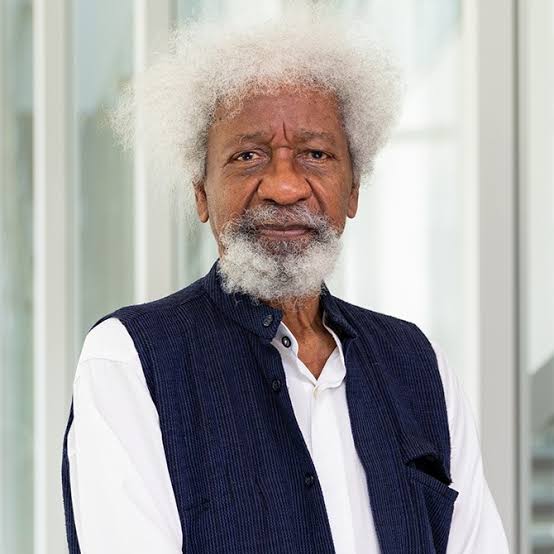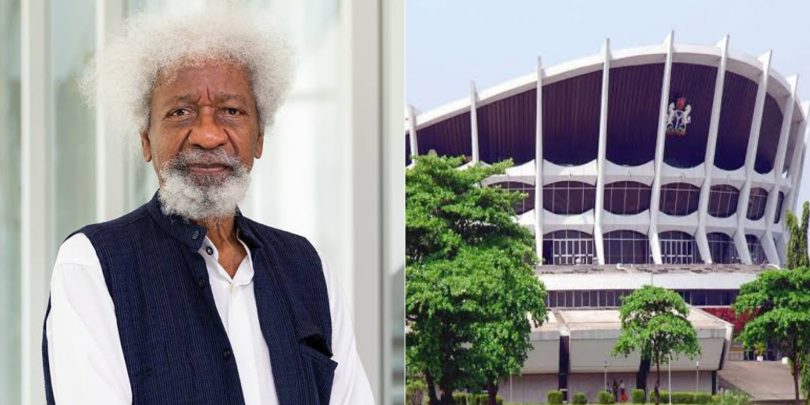Nobel Laureate, Prof. Wole Soyinka, has explained why he agreed to have the National Theatre in Lagos renamed in his honour, despite previously opposing the naming of public monuments after individuals.
President Bola Ahmed Tinubu recently renamed the iconic cultural landmark, situated in Iganmu, Lagos, as the Wole Soyinka Centre for Culture and the Creative Arts.

Speaking at the reopening and re-dedication of the refurbished edifice, Soyinka admitted that the gesture initially left him conflicted because of his long-standing stance against the practice.
The playwright and social critic, who has frequently condemned the appropriation of public spaces and monuments in the names of leaders and personalities, acknowledged the irony of finding himself in the same position.
Reflecting on the decision, he said that while he has often argued that many do not merit such honours, he had to publicly accept when his name was attached to the theatre.
Soyinka, however, stressed that beyond personal sentiments, what matters most is that the National Theatre continues to serve as a vibrant hub for culture and the creative arts in Nigeria.
He said …
“I have been guilty of saying other people do not merit this kind of monumental dedication, and then I had to stand up in public and watch my name being put up as yet another appropriator. It just didn’t seem well with me.”
“I accepted this honour with mixed feelings. First of all, I’m notorious for having criticised any appropriations. Personal appropriations of public monuments by some of our past leaders, which would end up that everything is named after them.
“I’ll be modest, given the general estimate, to say that about 25 percent of monuments, whether they are buildings or roads in particular in this country, are well and truly deserved.”
Soyinka on the evolution of Nigerian theatre
Soyinka reflected on the evolution of Nigerian theatre, paying tribute to pioneers like Hubert Ogunde and opera composer Adam Fiberesima, and noted that he eventually accepted that “someone has to bear the responsibility.”
He expressed a sentimental attachment to the National Theatre, recalling its construction under military rule and its prominence during FESTAC ’77.
However, he lamented how the iconic building had deteriorated over time, at one point describing it as beyond redemption and resembling a slum.
He added that his decision to accept the renaming was also influenced by nostalgia.
“I have another reason, which is nostalgia. I remember this building was first erected during the military regime. We had FESTAC ‘77 in this very hall. It’s a different hall completely, it’s nothing like what that building became over the years
“Degraded to such an extent that when Lagos was celebrating its 50 years anniversary and we looked for a hub, a centre of activities which would take place elsewhere, one of the places we visited was here, which is now transformed.
“I took one look at it and when the governor and his team wanted to come back to take a second look, I said you go without me. I said I would advise you, get somebody secretly, plant a bomb, and blow it up.
“It was irredeemable. I said ‘it’s not just a desert, it was a slum’.”
Soyinka praises renovation of the National Theatre
Soyinka commended the renovation of the National Theatre, remarking that if retracting his earlier stance could result in such a remarkable transformation, then it was indeed a gratifying concession to make.
The writer praised the transformation of the building, saying, “If eating one’s word produces a morsel like this, then it’s a very tasty set of words.”

